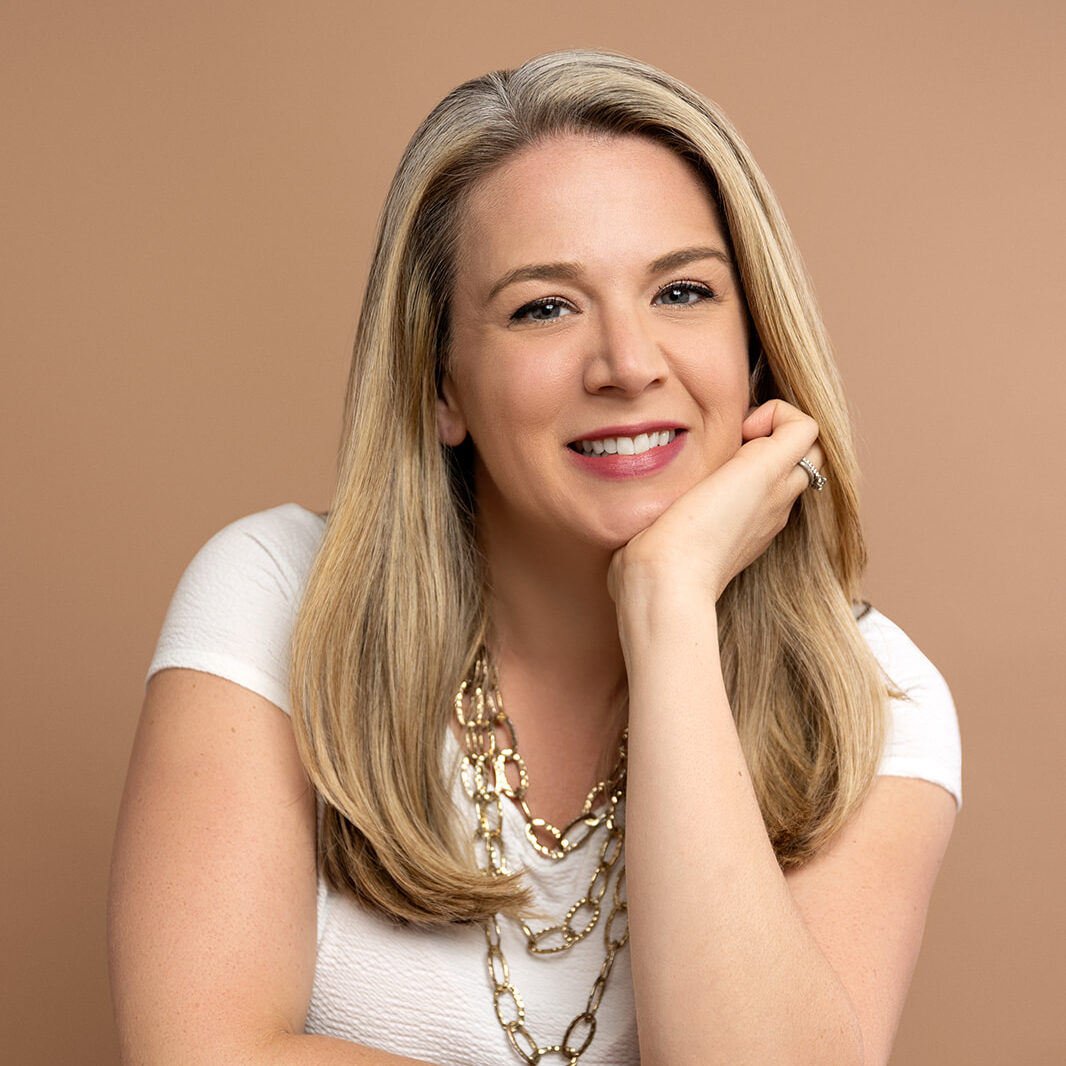If you’ve ever wondered where your freelance money is disappearing to and feel like you should be wealthier than you are, you’re not alone. Maybe your freelance business is booming, but the accounting and admin side of things makes you want to crawl under your desk. Been there, done that. Not fun.
The good news? There are ways to feel way more confident about your freelance finances, and I’m here to share some tried-and-true secrets from financially stress-free freelancers.
Money Secrets from Freelancers Who Never Stress about Finances
Here’s what these financially confident freelancers and freelance writers who are smart with money do differently—and how you can join them on the stress-free side of freelancing.
1. They Invest in Learning New Skills
The most successful freelancers know they must keep their skills sharp to stay competitive. But here’s the thing: They’re smart about what they invest in. Instead of hoarding every penny or, on the flip side, blowing hundreds or thousands on every trendy course (ahem, been there), they invest in tools and training that provide a real return.
Think critically about where you’re spending your “business expenses.” Make sure they’ll help you get a leg up on the competition and be of use to your clients. Like an SEO course that will land you higher-paying freelance jobs or that project management software that cut your admin time in half.
(This is why I keep my own freelance online courses short and actionable. I want my students to finish, apply the skills, and start seeing results quickly.)
Smart Freelance Money Tip: Take a hard look at your recent “business expenses.” Are they helping you earn more, save time, or stand out in your niche? If not, it might be time to refocus and cancel subscriptions or services that aren’t serving you.
2. They Hire an Accountant Who Understands Independent Workers
Your accountant should be more than a tax pro—they should be your financial sidekick. Navigating freelance tax deductions and quarterly payments is a minefield, and if you’re going at it alone, you’re probably leaving money on the table (and gaining a whole lot of stress).
A freelancer who is good with money works with a tax professional who understands the nuances of freelance life. From knowing what can be written off (that new laptop you bought for work? or your Canva subscription?) to making sure you’re paying the right amount of quarterly taxes, a knowledgeable accountant can save you major headaches—and money
Smart Freelance Money Tip: Yes, you’ll pay for a good accountant, but remember: That money is a write-off, too. And the peace of mind? Priceless.
3. They Keep Their Business and Personal Finances Separate
Mixing business and personal finances is a rookie freelancer mistake that leads to chaos and, possibly, IRS red flags. No bueno. The best freelancers treat their business like a business and have separate bank accounts for business income and expenses.
This not only makes tax time so much easier but also helps you see how your business is really performing. Is it profitable, or are you just skating by? A dedicated business account will show you the truth.
Smart Freelance Money Tip: Even if it feels like a small hassle, do yourself a favor and set up a business bank account. And don’t forget to use your business debit or credit card for any expenses related to your freelance work.
4. They Pay Themselves a Consistent Salary
Here’s a biggie: Successful freelancers treat themselves like employees of their own businesses. Even if you’re earning six figures, it doesn’t mean you should dip into your freelance income whenever you feel like it. Paying yourself a consistent salary brings stability to your personal finances and helps reduce financial anxiety.
For example, I run my business, DKL Content Services Inc., as an S Corp and pay me a salary. It keeps things predictable and organized, even when client work is ebbing and flowing.
Smart Freelance Money Tip: Determine a reasonable salary you can pay yourself each month, and leave the rest in your business account for taxes, investments, and expenses.
5. They Factor Taxes into Their Rates
Taxes can be a major stressor, but the best freelancers factor tax prices and rates into every financial decision. When you quote rates for projects—like how much to charge for a 500-word article—consider the 25-30% you’ll need to set aside for taxes. In the U.S., freelancers have to pay quarterly taxes, plus self-employment tax (around 15%), so don’t let that catch you off guard. Make sure you know the top tax tips for freelancers.
Smart Freelance Money Tip: Before accepting low-paying gigs, do the math. Subtract 30% for taxes and calculate your hourly rate. If the number makes you cringe, it’s time to re-evaluate your pricing or say “no thanks” to that client.
6. They Build—and Maintain—an Emergency Fund
Freelance life is unpredictable. One month you’re overwhelmed with projects, and the next? Crickets. There’s a reason the phrase “feast or famine cycle” is often quipped in freelance circles and message boards. To keep money stress at bay, financially secure freelancers have an emergency fund that covers three to six months of expenses. (I sleep best at night with six months of savings in the bank.) This buffer keeps freelancers who are smart with money from onboarding freelance clients with red flags out of desperation or panicking when payments are late.
Smart Freelance Money Tip: If you don’t have an emergency fund yet, start small. Aim to save one month’s worth of expenses, then work your way up. Even a small cushion can bring you some peace of mind for when those lean times eventually come.
7. They Are Proactive About Their Cash Flow
Financially-savvy freelancers who are good with money know the importance of maintaining a steady cash flow. It’s a business 101 management tip but sometimes it’s something not explained in freelancing.
Having a significant cash flow means saving for taxes, have an emergency fund in place, stockpile money for the slow seasons, and they have money set aside for learning and development. Smart money freelancers keep track of payment due dates (through simple methods like a Google or Excel doc or software) and they follow up with clients when invoices are overdue. (Some freelancers even have ‘late fees’ worked into contracts and invoices!)
Smart Freelance Money Tip: Use cash flow management tools or set reminders for invoice follow-ups. Don’t be afraid to politely nudge clients if they’re dragging their feet on payment. You might even find it helpful to have a day and time of the week that’s blocked for invoicing and business tasks like this.
8. They Diversify Their Income Streams
Relying on one or two big clients is risky. Smart freelancers know this and make a point to diversify. This could mean having multiple clients in different industries or branching out into related income streams, like offering online courses, consulting, or affiliate marketing. Smart money freelancers even have a few passive income streams in the works to supplement client work.
Having multiple sources of income can help any freelancer feel more relaxed, especially when others in the industry are freaking out about AI developments, budget cuts, and freelancer problems.
Smart Freelance Money Tip: Think about ways to diversify your services. Could you teach a skill you’ve mastered? Write an eBook? Offer coaching? The possibilities are endless. The only thing that isn’t is your time and energy.




